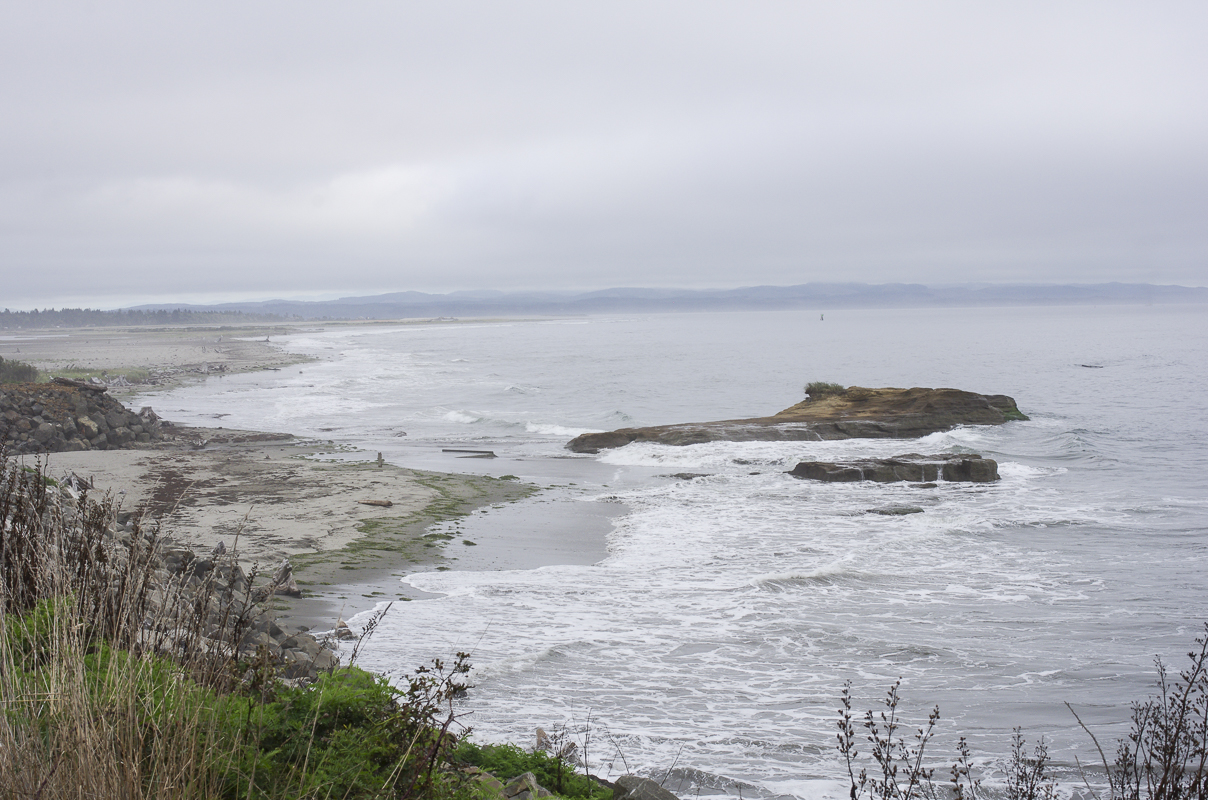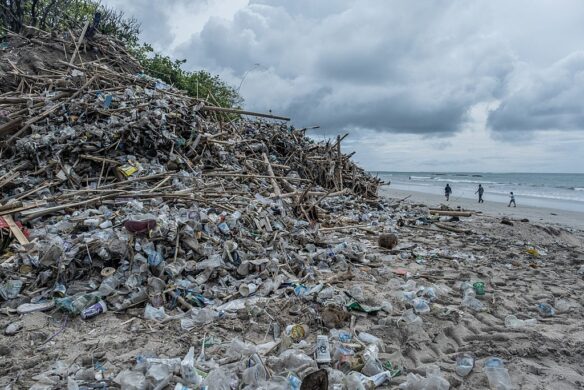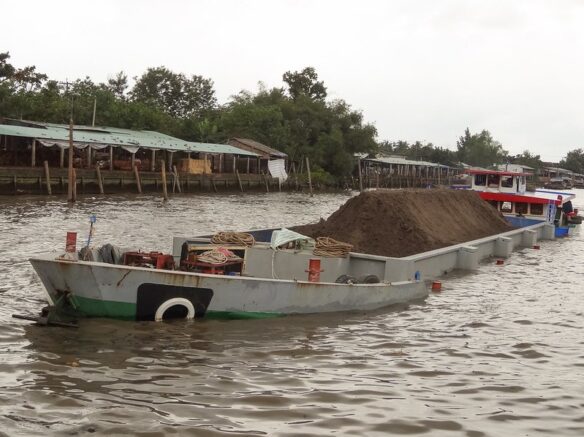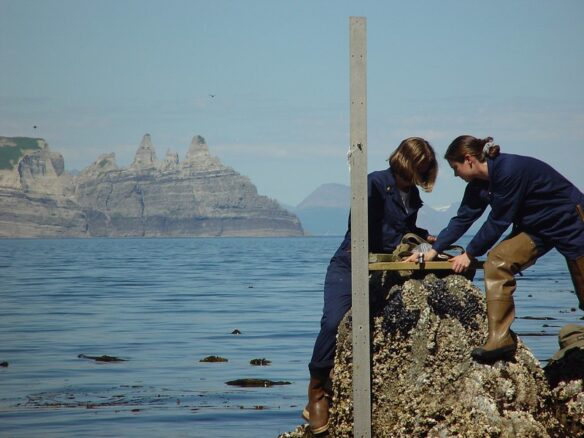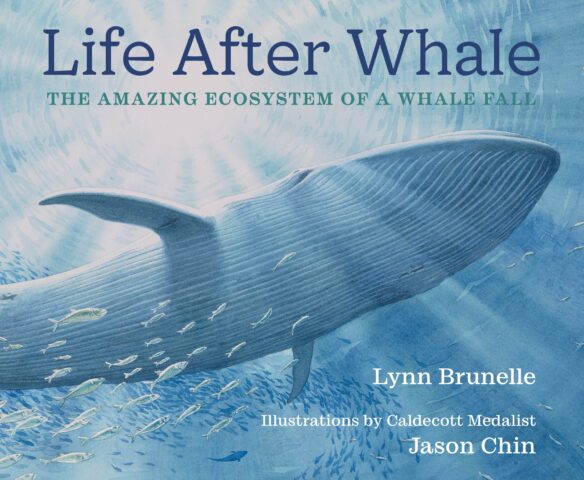Excerpt:
Native American tribes are competing for the first federal grants designed to help move communities away from high water and other dangers posed by climate change.
The van carrying tribal officials veered off the coastal highway, away from the Pacific and onto a dirt path hidden by cedar and spruce trees. After climbing an old logging road, it emerged into a clearing high above the Shoalwater Bay Indian Reservation, half a square mile of oceanfront that’s disappearing fast.
The tribal leaders want to relocate to the remote hilltop where they were standing, despite its uneven terrain. “If you can believe it, this is the most suitable land we have for building,” said Quintin Swanson, treasurer of the 471-member tribe. Moving up the mountain could cost half a billion dollars, he said.
As climate change gets worse, tribes like Shoalwater Bay are being squeezed between existential threats and brutal financial arithmetic. Consigned to marginal land more than a century ago by the United States government, some tribes are now trying to relocate to areas better protected from extreme weather yet lack the money to pay for that move.
The federal government has been quietly trying to shift its approach away from endlessly rebuilding after disasters and toward helping the most exposed communities retreat from vulnerable areas. But moving is expensive, and as disasters intensify, demand from communities to relocate will only increase, straining the government’s ability to pay for it.
That makes the new program both test case and precedent for perhaps the most challenging dilemma facing the United States as it adapts to climate change: How should the government decide which places to help first?
“That is the toughest question,” said Bryan Newland, assistant secretary of Indian Affairs at the Interior Department.
Also, read by Christopher Flavelle:
In a First, U.S. Pays Tribes to Move Away From Climate Threats – the New York Times (11-04-2022)
(Photo: Shoalwater Bay in Tokeland, Washington USA © 2013 Deepika Shrestha Ross)

